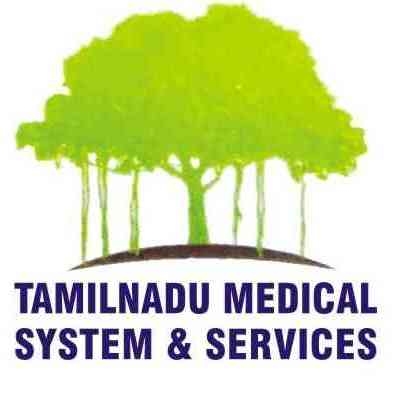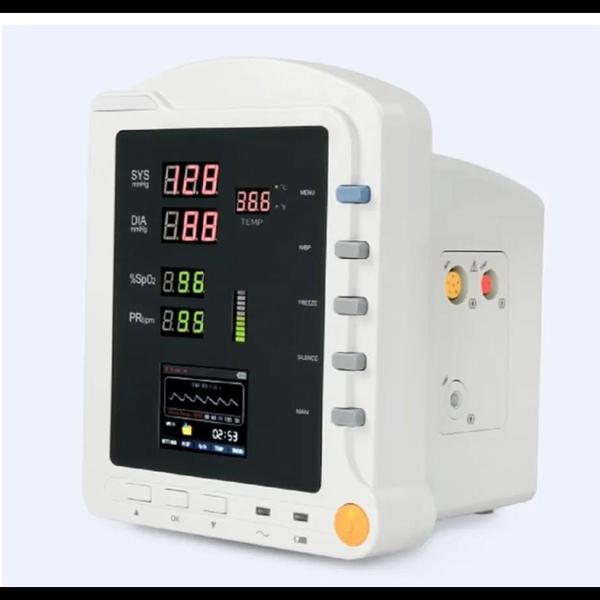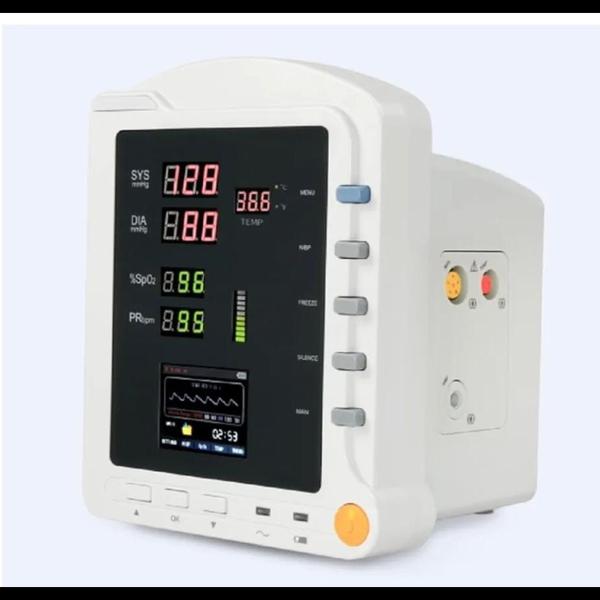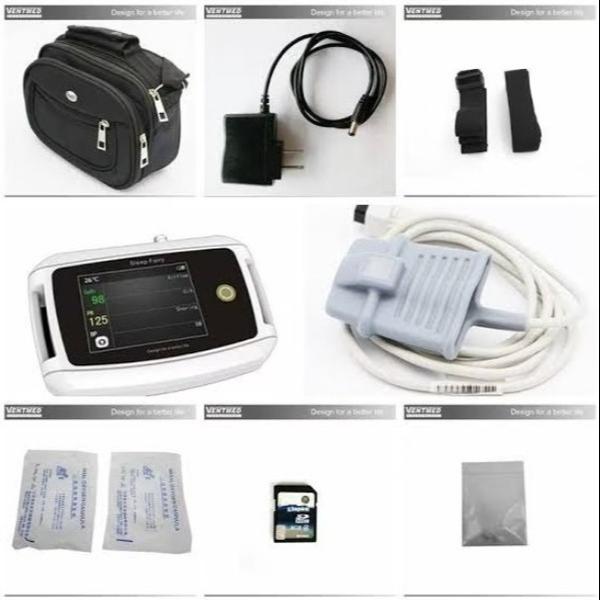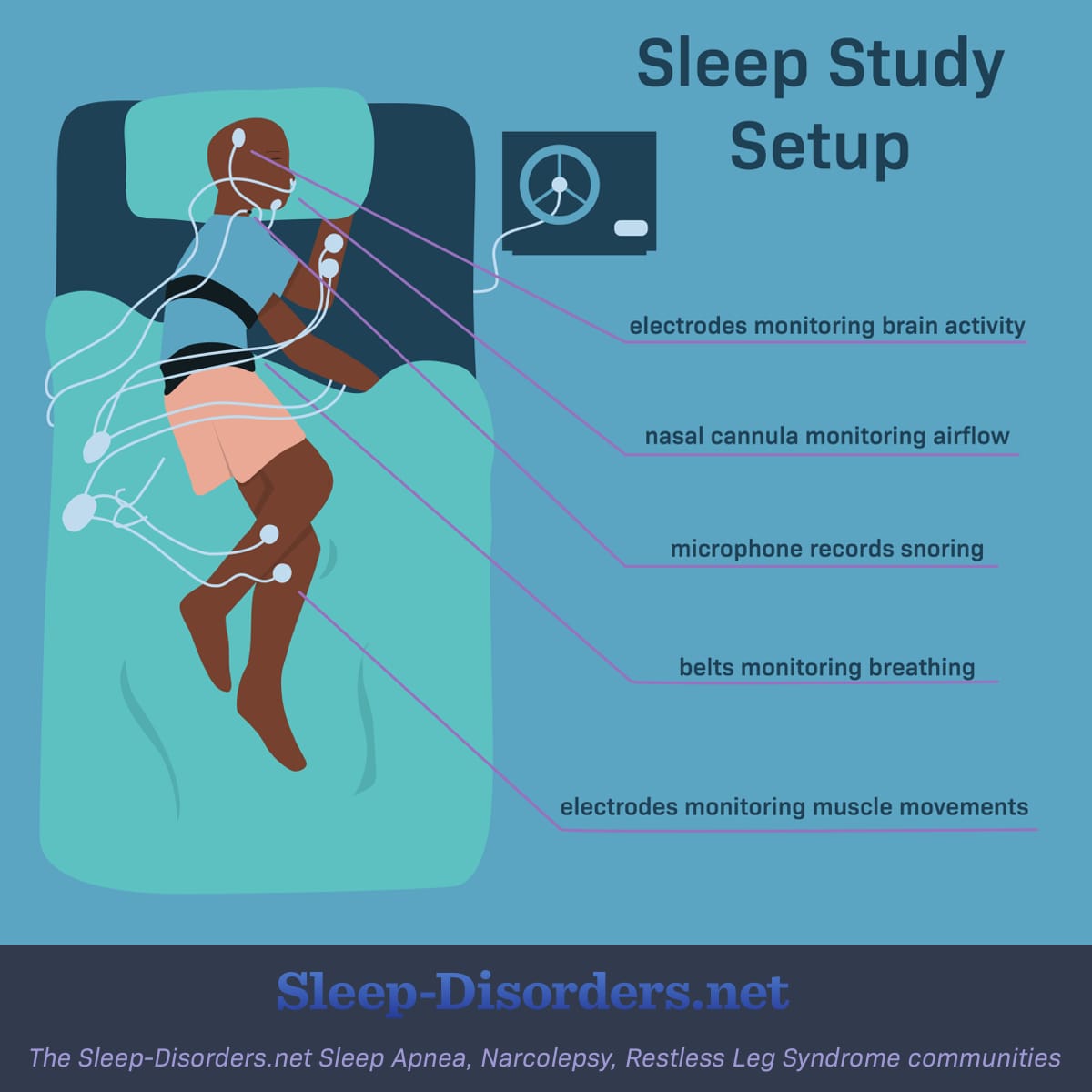
What is Level 2 Sleep Study ?
A Level 2 sleep study is a specific type of sleep assessment used to diagnose sleep disorders. It typically involves more comprehensive monitoring than a Level 3 or home sleep apnea test but is less extensive than a Level 1 study conducted in a sleep lab.
Here’s a breakdown of what a Level 2 sleep study usually entails:
Monitoring Parameters:
Brain Activity: Electroencephalography (EEG) to track brain waves and determine sleep stages.
Eye Movements: Electrooculography (EOG) to detect REM sleep and differentiate between sleep stages.
Muscle Activity: Electromyography (EMG) to assess muscle tone, especially in the chin and legs.
Heart Rate: Electrocardiography (ECG) to monitor heart rhythm and rate.
Breathing Patterns: Sensors measure airflow, respiratory effort, and oxygen levels in the blood to identify breathing-related disorders like obstructive sleep apnea.
Setting:
In-Lab Setting: A Level 2 study is often conducted in a sleep clinic or sleep center, where specialized equipment is used to monitor various physiological parameters during sleep.
Purpose:
Diagnosis: It helps diagnose sleep disorders such as obstructive sleep apnea, central sleep apnea, narcolepsy, and parasomnias (e.g., sleepwalking).
Evaluation: It provides detailed information about sleep architecture and disturbances.
Comparison to Other Levels:
Level 1: The most comprehensive study, typically done in a sleep lab with a full range of monitoring equipment.
Level 3: Often used for home sleep apnea testing, focusing primarily on airflow and oxygen levels with less detailed monitoring compared to Level 2.
Level 4: Generally used for simpler or more limited monitoring, such as just tracking oxygen levels.
The choice of study level depends on the specific clinical needs and the suspected sleep disorder.
Keywords
Level 3
REM sleep
sleep lab
Heart Rate
full range
Lab Setting
muscle tone
brain waves
study level
Other Levels
heart rhythm
sleep center
sleep clinic
sleep stages
oxygen levels
Eye Movements
specific type
Level 1 study
Brain Activity
Muscle Activity
sleep disorders
A Level 2 study
sleep assessment
respiratory effort
Breathing Patterns
limited monitoring
sleep architecture
comprehensive study
central sleep apnea
monitoring equipment
detailed information
specialized equipment
Monitoring Parameters
A Level 2 sleep study
home sleep apnea test
specific clinical needs
obstructive sleep apnea
comprehensive monitoring
less detailed monitoring
breathing-related disorders
various physiological parameters
